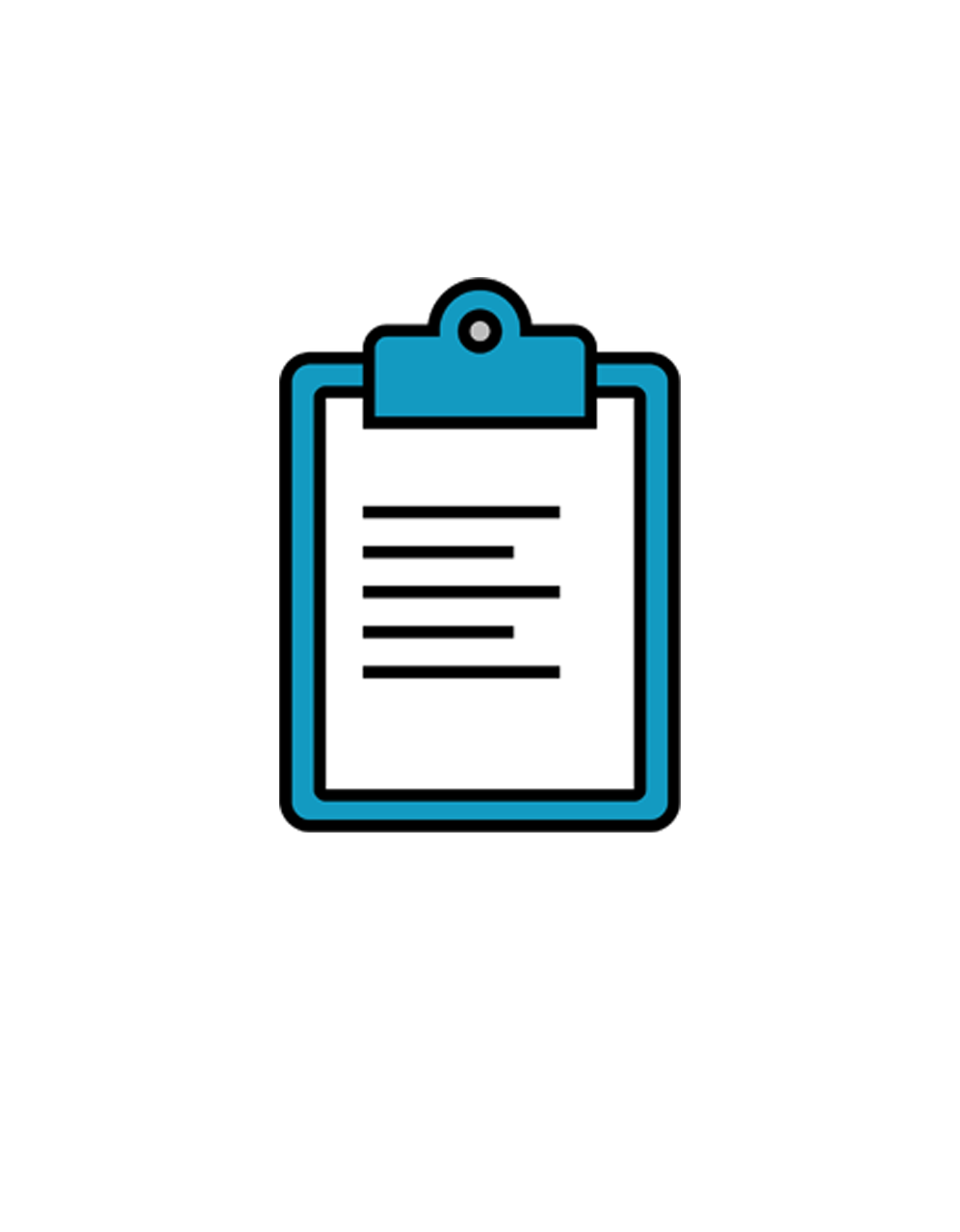 |  |  |  |  |  |  |  |
| Background | Review of Current Practice | Sleep Assessment | Sleep Management Tools & Techniques | Hypnotic Withdrawal Programme | Sleep Consultation | Final Assessment | Contact Us |
| Section Home → | Example sleep diaries and downloads → | Normal and abnormal sleep → | Psychological treatments for insomnia → | Self Assessment → |
| Section Home → | Elements → | Cognitive → | Behavioural → | Sleep Hygiene → | Stimulus Control → | Muscle Relaxation → | Sleep Restriction |
→ Caffeine
→ Nicotine
→ Alcohol
→ Exercise
→ Diet
→ Temperature
→ Sleep hygiene methods play a significant role in the management of sleep disturbances and could be considered as ‘self care’. These include environmental and lifestyle modifications such as reducing the intake of caffeinated drinks and keeping bedroom at a comfortable temperature. These habits may seem as common sense but surprisingly are largely ignored by many people. Provided is a list of life style changes that one can recommend to patients presenting with insomnia.
→ Fix a bedtime and a waking time
→ The body gets used to falling asleep at a certain time, but only if this is relatively fixed. This is an essential component of good sleeping habits for those retired or not working.
→ Instructions for the patient;
→ Go to bed at the same time every night and get up at the same time every morning.
→ Set and maintain a sleep schedule. Try to stick to it even on weekends. “Sleeping in” on the weekends will make it harder to wake up on Monday morning because it resets your sleep cycle.
→ Avoid napping during the day
→ Many people will take a nap during the day. This is generally not a bad thing to do, provided you limit the nap to 30-45 minutes and can sleep well at night. Naps can be great in helping some people improve performance. But for others, napping is an invitation to night-time insomnia. Advise the patient to avoid napping during the day but if they must, it should be a brief nap 10 to 15 minutes about eight hours after waking.
→ Avoid caffeine and nicotine 4-6 hours before bedtime: this includes cigarettes and caffeinated beverages such as coffee, tea and many sodas, as well as chocolate. Large meals must be avoided before bed time.
→ Restrict alcohol intake 4 to 6 hours before bed time: many people believe that alcohol helps them sleep. While alcohol has an immediate sleep-inducing effect, a few hours later as the alcohol level in ones blood start to fall, there is a stimulant or wake-up effect. Arousals due to alcohol can cause sweating, headaches and intense dreaming.
→ Exercise regularly but not 2 hours before bedtime: strenuous exercise within 2 hours before bedtime can decrease the ability to fall asleep.
→ Educate the patient on the following:
→ Regular daytime exercise can help you (the patient) to feel more relaxed and tired at bed time. (However, you should not do exercise near to bed time if you have insomnia.) If possible, do some exercise on most days of the week. Even a walk in the afternoon or early evening is better than no exercise. However, ideally, you should aim for at least 30 minutes of moderate exercise on five or more days a week.
→ Moderate exercise means that you get warm and slightly out of breath. You do not necessarily need to go to a gym. Brisk walking, jogging, cycling, climbing stairs, heavy DIY, heavy gardening, dancing, and heavy housework are all moderate-intensity physical exercises.
→ Yoga practice may have specific benefits on sleep health. Yoga uses meditation, deep breathing techniques, and movements that emphasise stretching and balance.
→ Sleeping environment
→ Recommendations to the patient;
→ Use comfortable bedding because uncomfortable bedding can prevent good sleep. If your bedroom is too cold or too hot, it can keep you awake. A cool (not cold) bedroom is often the most conducive to sleep.
→ Keep bedroom quiet and eliminate as much light as possible. Only use your bed for sleeping and sex.
→ Getting ready for bed. Recommendations to the patient:
→ Try a light snack such as warm milk and foods high in the amino acid tryptophan, such as bananas, before bed. This may help you sleep better.
→ Relaxation techniques such as yoga, deep breathing and pre-sleep rituals, such as a warm bath and others before bed may help relieve anxiety and reduce muscle tension.
→ A hot bath will raise your body temperature, but it is the drop in body temperature that may leave you feeling sleepy.
→ Try not to drink fluids two hours before bedtime as a full bladder can interfere with sleep.
→ Don’t have a visible bedroom clock because “clock watching” will only help intensify the misery of insomnia. You can always turn the face of the clock away from you or put it in a drawer.
→ Waking during the night. Recommendations to the patient:
→ Don’t lie in bed awake. If you can’t fall asleep within 30 minutes, go to another room and do something restful until you feel tired.
→ Don’t read in bed. If you want to read, get out of bed and sit in a chair.
→ If you need to get up during the night, do not expose yourself to bright light. Intense light can reset your internal clock and make it harder to get back to sleep.